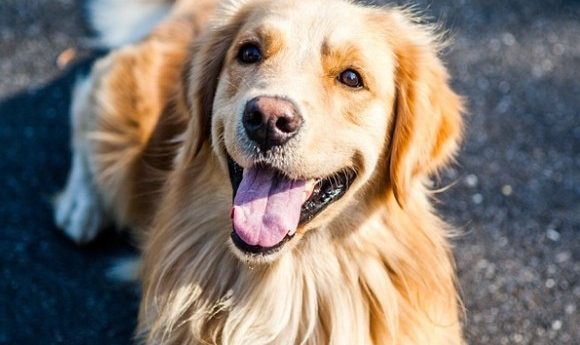Why do we choose man’s best friend?

A recent twin study has shown that genetic variation heavily influences the decision to own a dog.
An often-polarizing topic is whether someone is a ‘dog person’ or a ‘cat person’, something previously believed to be simply down to personal preference. However, research from a group of Swedish and British scientists has shown that the choice of owning a dog could be more related to genetic make-up than initially thought. Dogs are one of the most common pets in our society and have had a close relationship with humans since domestication over 15,000 years ago, with ownership considered to increase both health and well-being of an individual.
By comparing the genetic make-up of identical and non-identical twins, the researchers found greater concordance rates of dog ownership between the identical pairs, supporting the notion that genetics plays a role in the choice of owning a dog. Taking information from over 35,000 pairs of twins from the Swedish Twin Registry, the team found that genetic factors can account for more than half of the variation in dog ownership. Results of the study were recently published in Scientific Reports.
“… these findings have major implications in several different fields related to understanding dog-human interaction throughout history and in modern times.”
“We were surprised to see that a person’s genetic make-up appears to be a significant influence in whether they own a dog. As such, these findings have major implications in several different fields related to understanding dog-human interaction throughout history and in modern times. Although dogs and other pets are common household members across the globe, little is known how they impact our daily life and health. Perhaps some people have a higher innate propensity to care for a pet than others,” commented Tove Fall, the lead author of the study (Uppsala University, Sweden).
Co-author Carri Westgarth (University of Liverpool, UK) added, “These findings are important as they suggest that supposed health benefits of owning a dog reported in some studies may be partly explained by different genetics of the people studied.”
“These kind of twin studies cannot tell us exactly which genes are involved, but at least demonstrate for the first time that genetics and environment play about equal roles in determining dog ownership. The next obvious step is to try to identify which genetic variants affect this choice and how they relate to personality traits and other factors such as allergy,” explained senior author Patrik Magnusson (Karolinska Insitutet, Sweden).
“The study has major implications for understanding the deep and enigmatic history of dog domestication” concluded co-author Keith Dobney (University of Liverpool). “Decades of archaeological research have helped us construct a better picture of where and when dogs entered into the human world, but modern and ancient genetic data are now allowing us to directly explore why and how?”





